“You are invited to the rest of your life.
You know you can’t go on like this.
Not for one more day.
You need an interlude.”
From WILLA’S GROVE by
Laura Munson
Book Description:
In this powerful and inspiring novel, three women, from coast to coast and in between, open their mailboxes to the same intriguing invitation. Although leading entirely different lives, each has found
herself at a similar, jarring crossroads. Right when these women thought they’d be comfortably settling into middle age, their carefully curated futures have turned out to be dead ends. The sender of the invitation is Willa Silvester, who is reeling from the untimely death of her beloved husband and the reality that she must say goodbye to the small mountain town they founded together. Yet as Willa mourns her losses, an impossible question keeps staring her in the face: So now what?
Struggling to find the answer alone, fiercely independent Willa eventually calls a childhood friend who happens to be in her own world of hurt—and that’s where the idea sparks. They decide to host a weeklong interlude from life, and invite two other friends facing their own quandaries. Soon the four women converge at Willa’s Montana homestead, a place where they can learn from nature and one another as they contemplate their second acts together in the rugged wilderness of big sky country.
Interview:
Welcome, Laura! Your new women’s fiction sounds exciting! Can you tell us how you came up with the idea?
Laura: The idea came to me after leading one of my Haven Writing Retreats in Montana. Over and over I hear, “This just changed my life.” Or “From now on it’s before Haven and after Haven.” Or “Yes, this was about writing, but it’s about so much more.” And I thought, How can I possibly capture the magic of what happens when people come together far from home, to powerfully and intentionally tap into the essence of their self-expression, their voices, their heart language? How can I show how essential temporary community can be? How can I call people to take this stand for themselves—especially when they feel alone or misunderstood or isolated in their lives? How can I make a case for bridging to people outside your daily life in order to bridge more authentically back to your home community? And these four women were born. This book is in no way about a writing retreat. But I hope that the spirit of what happens at Haven…happens in the pages of Willa’s Grove.
Can you tell us a little about the main characters?
Laura: We all ask the question So now what? many times in our lives. Maybe life didn’t turn out the way we’d planned, or maybe we’re in our next chapter and we’re not at all sure how to nagivate it. The crossroads moments of our lives can be paralyzing, and the four characters in Willa’s Grove are all facing challenges that either you or someone you love are facing, have faced, or will face sooner than later. And so much of it has to do with identity. Who am I now? What is my next step? Who can help me take it? Sometimes you have to reach outside of your comfort zone to find the exact people you need—who are facing the same sort of question with the same level of fear, shame, dashed dreams, and harried hope. I love what these characters model: one friend asks another who is facing So now what. She asks another. And that friend asks the fourth. Together they help each other move forward in their lives, and being in the wilds of Montana helps them find their way. Montana, in fact, is one of the main characters in the book!
Did your characters take on a life of their own as you were writing? Did you feel sad writing The End?
Laura: The first draft of Willa’s Grove was very different from the book that it is today. I think I wanted these women to be further along in their self-awareness and courage than they wanted to be. So I let go and gave them the reins…and they wrote the book. They are so real to me that last winter I was walking in the woods and came upon a stunning aspen grove. An aspen grove is one organism and these women become like their own grove, hence the title. So I dug my hand into my parka pocket, pulled out my cell phone, lifted it to just the right angle capturing four of the aspens in the grove, took the picture, smiled, and then searched for the ongoing text feed that surely must exist between these characters and me. Surely. And then I blinked and shook my head and said aloud, laughing, “My God. They don’t exist!” But they absolutely exist in my heart. They’re not me. They’re not anyone I know. And yet they are all of us. I hope they will live in your heart too!
They say all books of fiction have at least one pivotal point where the reader just can’t put the book down. What is one of the pivotal points in your book?
Laura: Well the ending is probably the most pivotal point of the book to me because I labored over it, having no idea where it was going to land, for years. And when it came, it surprised me. It flowed out of me in a way that I couldn’t have imagined in the early drafts of this book. I love it, and endings are hard to nail. I don’t want to give it away, but I can say that to me, it truly honors all of what this place and the people in it needed without a perfect pink bow at the end. Just like life.
Do you have an underlying message in your book?
Laura: Yes. I want this book to start a movement. I want people to read it and learn, along with these characters, how powerful this kind of weeklong, intentional community can be. I want people to close the book and say, “I want to host my own gathering of kindreds who are all facing a major So now what in their lives.” And I want people to use the model of friend of a friend of a friend of a friend and even do some of the things that the women of Willa’s Grove do to find their answer. The message is: you don’t have to do this alone. You can create your own intimate, safe circles to help you figure out what comes next. It’s time to have those conversations we need to be having. It’s time to take a stand for our self-expression, and let’s do it intentionally and powerfully.
Did you want to become a writer when you were a kid or did that come later?
Laura: I have always used writing to contemplate this beautiful and heartbreaking thing called life. I have journals back to fourth grade. I say, “Writing is my practice, my prayer, my meditation, my way of life and sometimes my way to life.” I started my first novel in 1988 and never stopped. I have many books which are exercises in learning. And eight or so finished books that I plan to get published. I’m always working on a few books at a time. Right now, I’ve got a book about self-expression in the works, as well as another memoir. But it’s the art of the novel that I’m most in love with, and I’m thrilled that Willa’s Grove will be my first one in print. It’s a perfect book to follow my memoir, This Is Not The Story You Think It Is because while they are written in different genres, both of them are about re-invention and coming home to your true nature.
Is there anything you’d like to tell your readers and fans?
Laura: No one has your voice. No one. It’s time to speak your truth, and if you are isolating, hiding, pretending…it’s time to come together in radical and real community to support one another. Find a safe circle of kindreds whether it’s in your back yard, or far from home. It’s time to build bridges to one another. It’s time to say yes to the profound invitations of your life. And like Willa’s invitation says, “You are invited to the rest of your life.” What’s a more important yes than that?





























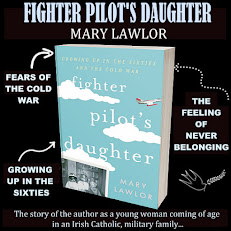



































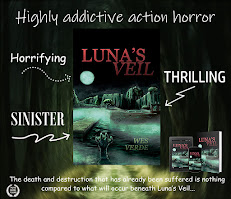









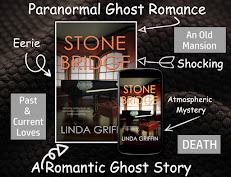
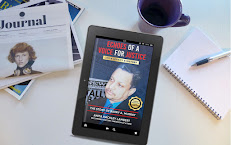


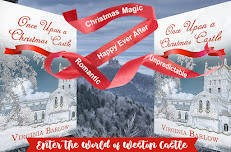
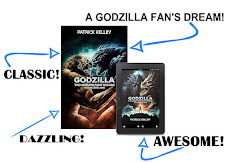
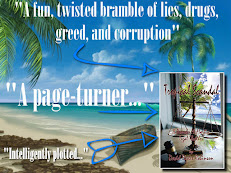

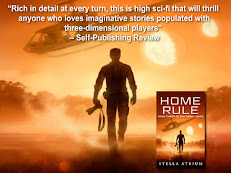


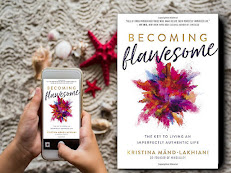
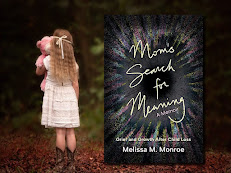
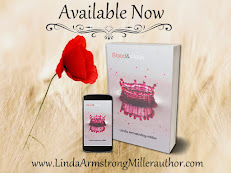
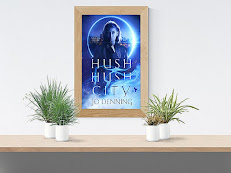

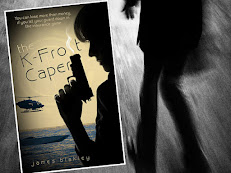
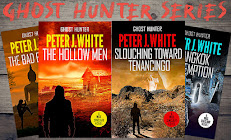
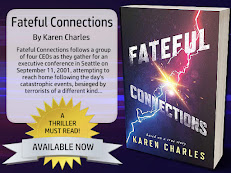
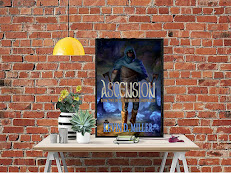






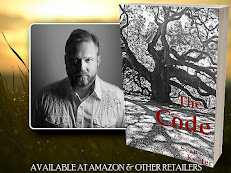
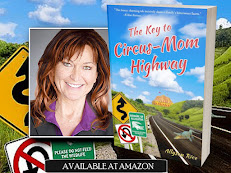
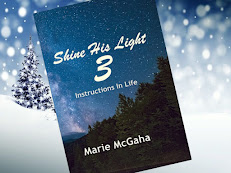
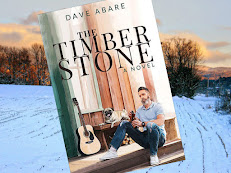
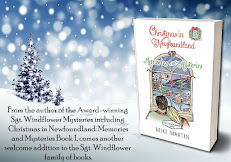


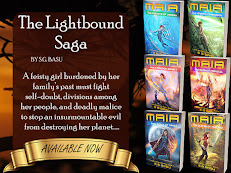
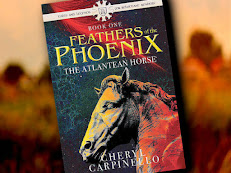
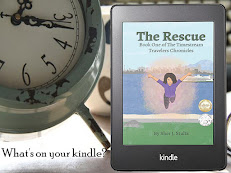

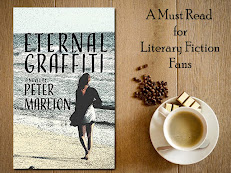
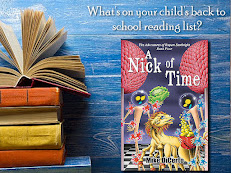
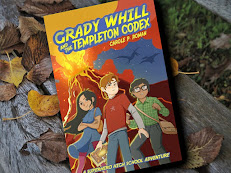
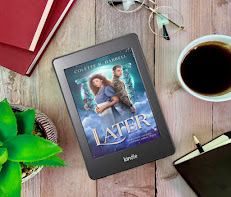

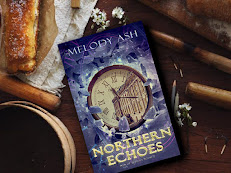

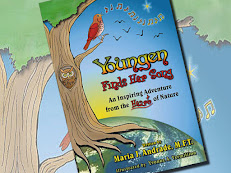

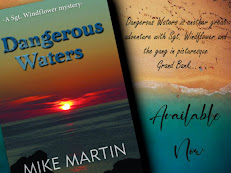

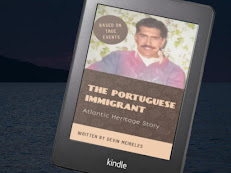
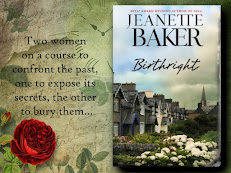
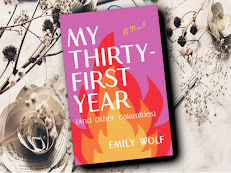
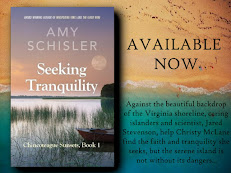
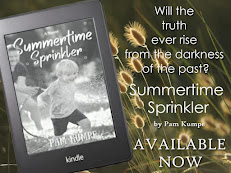

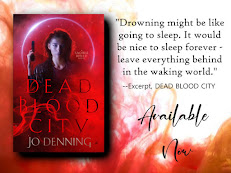
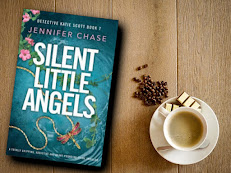

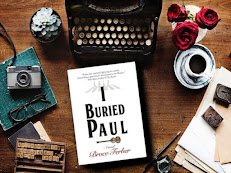
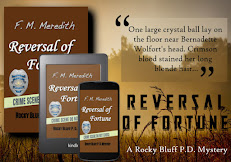
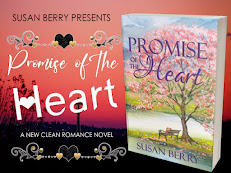

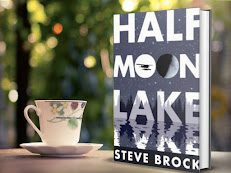
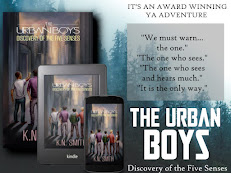
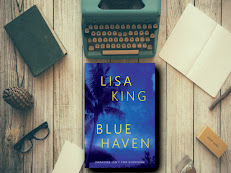

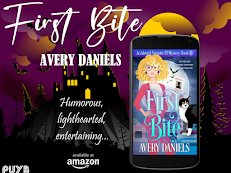

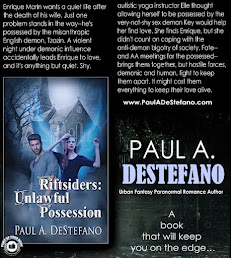

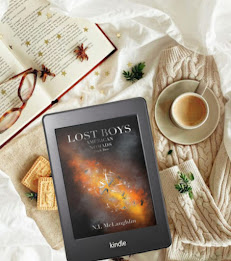



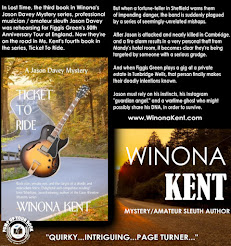

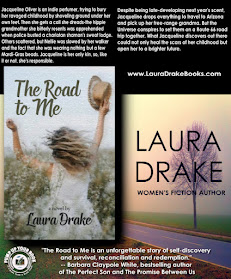



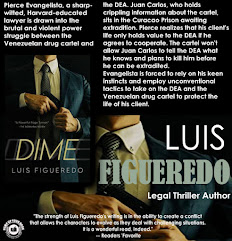























No comments:
Post a Comment